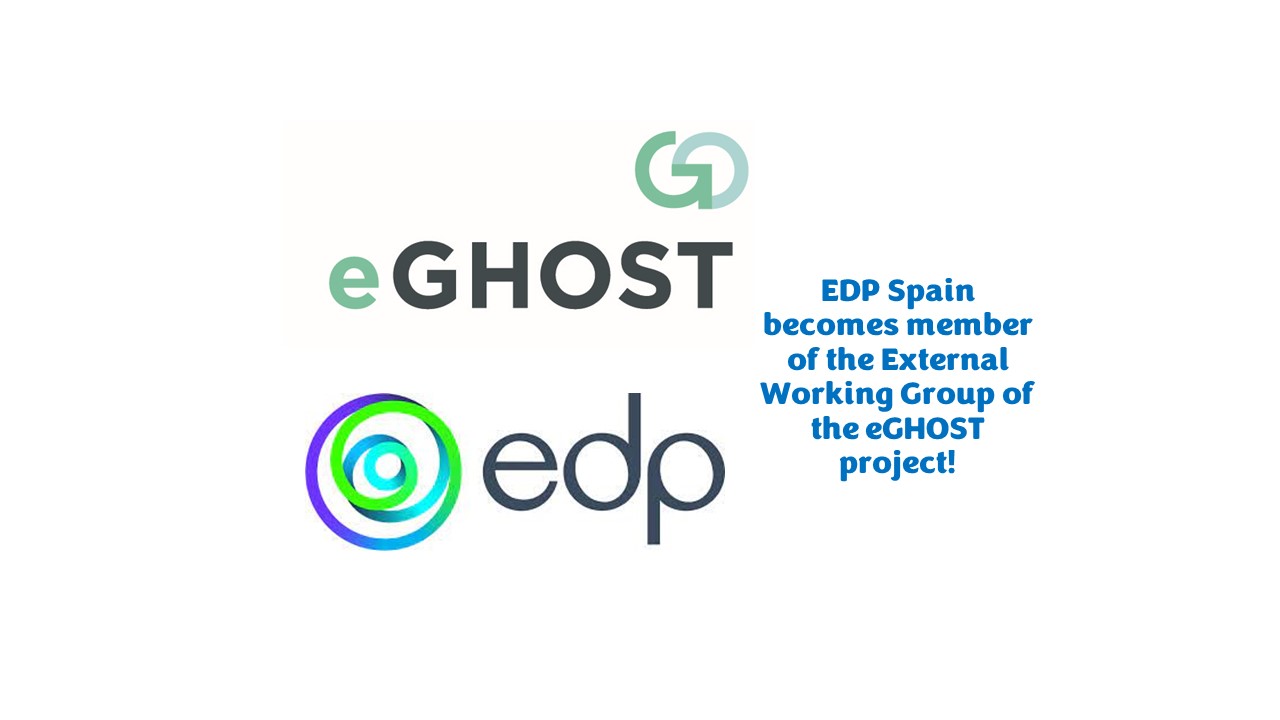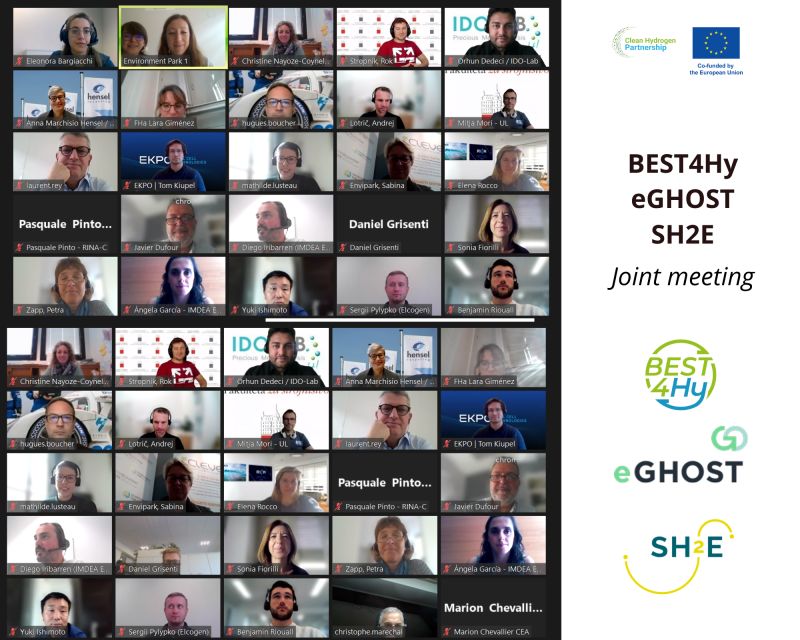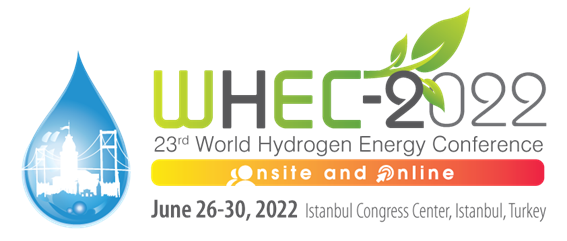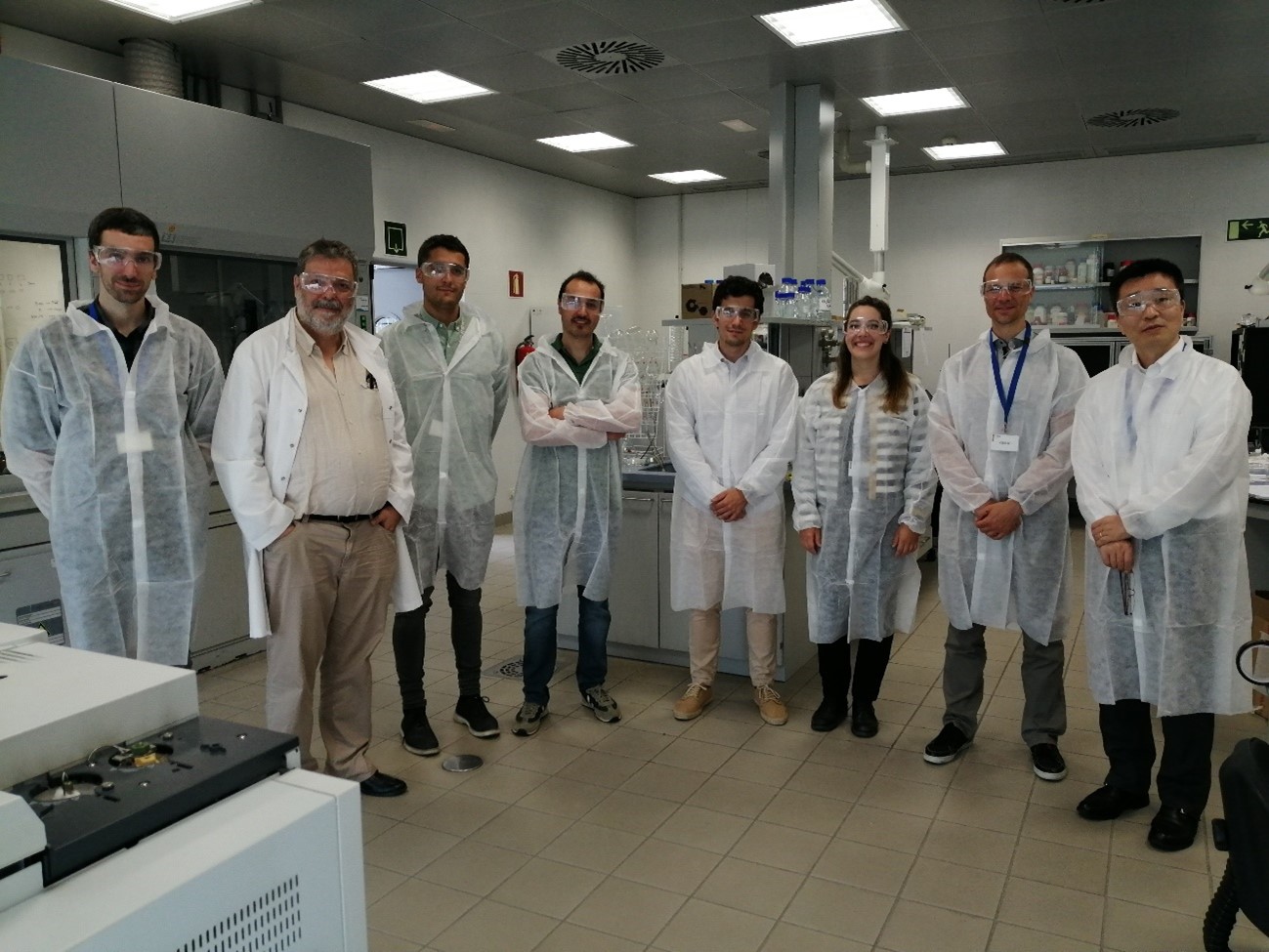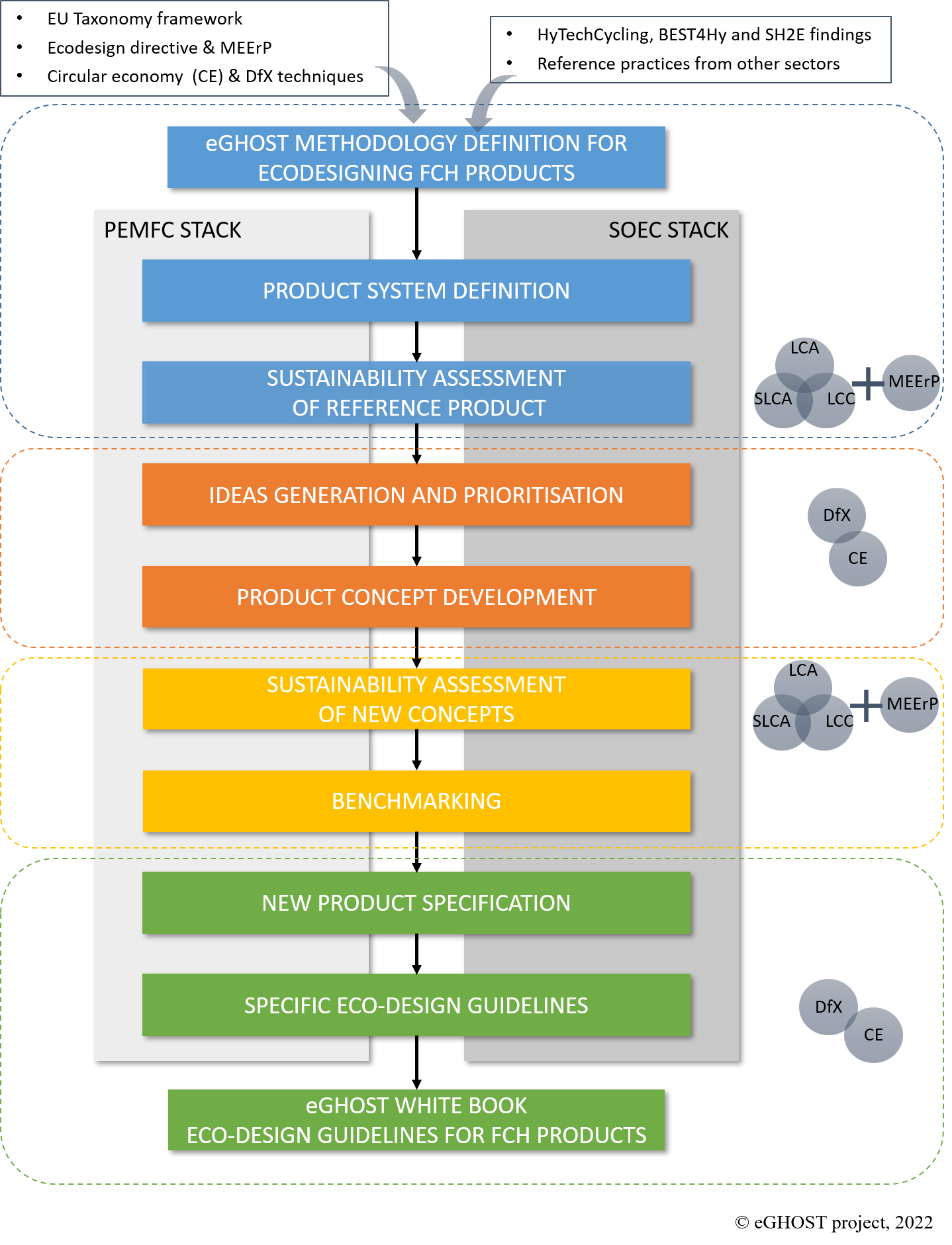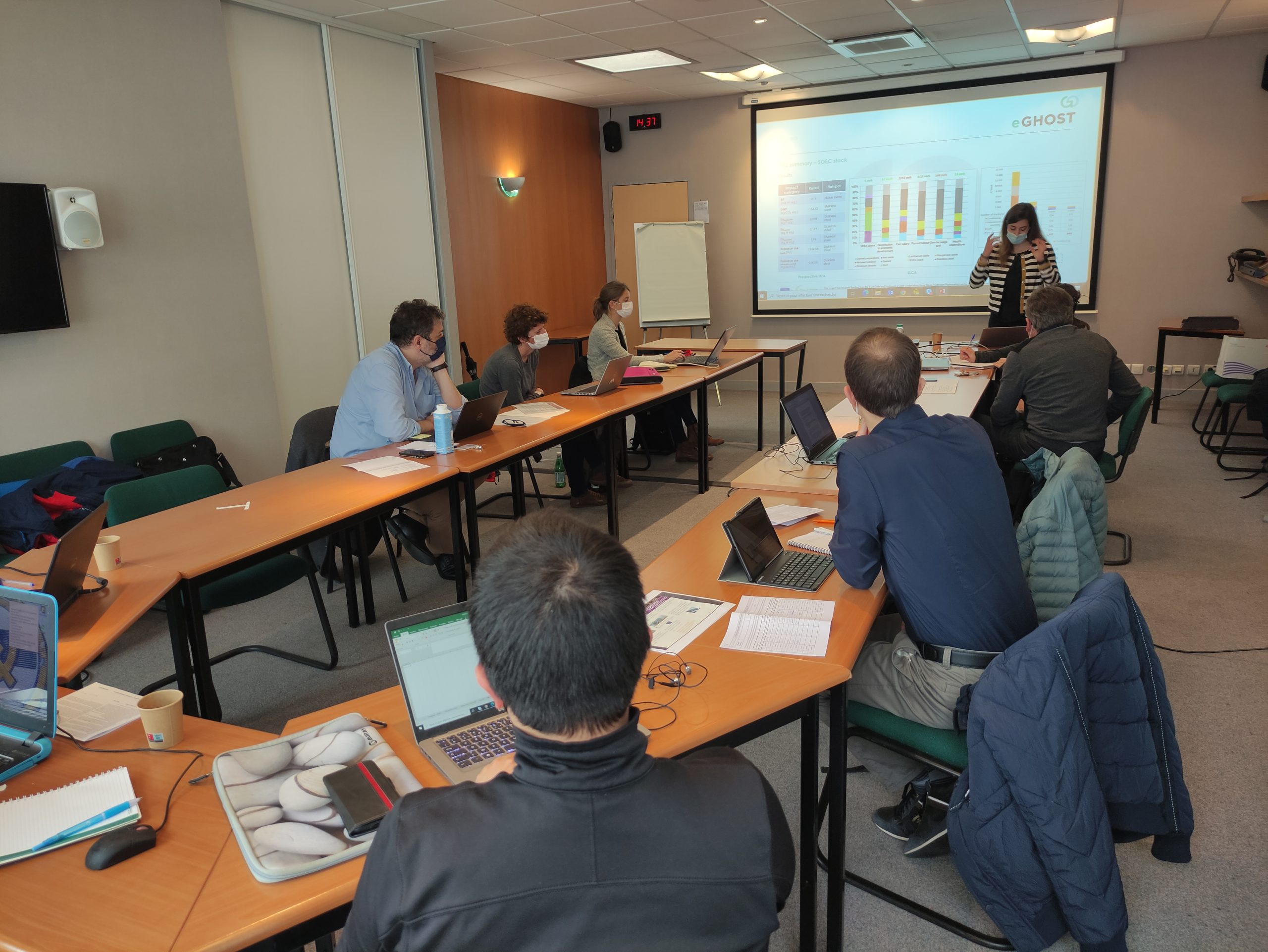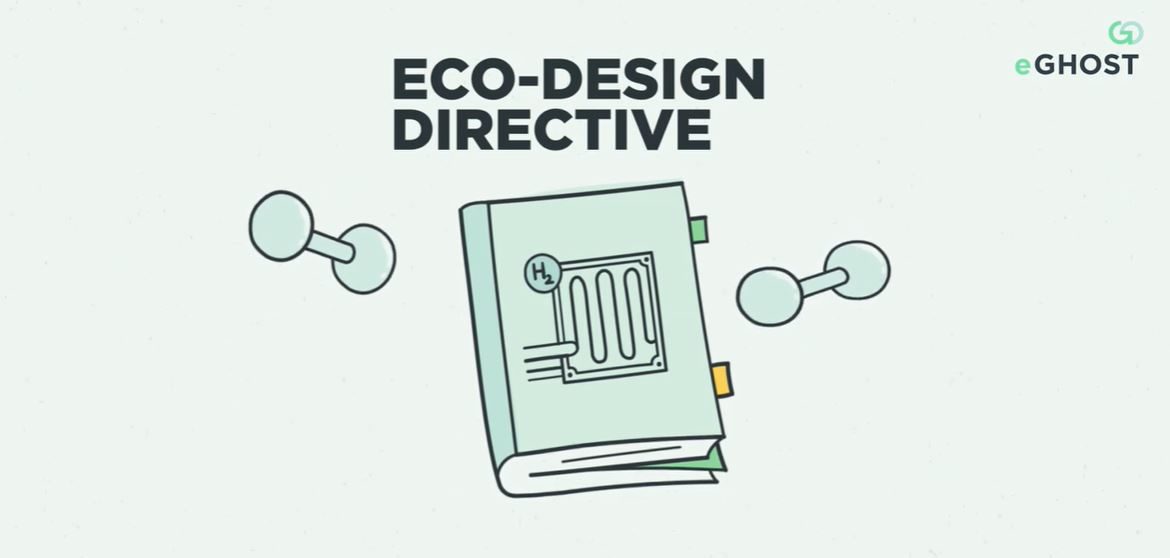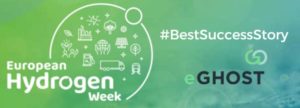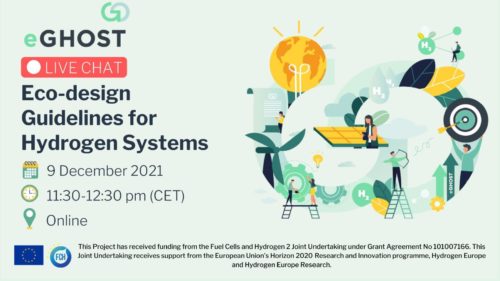EDP Spain has joined us
The EDP Spain group, in line with its strategy to support the energy transition, has joined the eGHOST project through its External Working Group. The project will benefit from its vision and experience in the sustainability of renewable energies and
Learned lessons will be included into an eGHOST WhiteBook
Learned lessons will be included into an eGHOST WhiteBook. Last Friday, 14th October, an online joint follow-up meeting of the three projects Best4Hy, SH2E and eGHOST took place to join synergies and put together common points based on sustainability and Hydrogen. Around
Our project has been doubly represented at WHEC2022
Our project has been doubly represented at WHEC2022! Between 26 and 30 June, the 23rd World Hydrogen Enerrgy Congerence (WHEC-2022) took place in Istanbul. Content that has been developed within the framework of the eGHOST project was presented orally in a
Eco-design: eGHOST faces next challenges
Eco-design: eGHOST faces next challenges. On 22nd and 23rd of June, the third General Assembly of the project took place in Madrid. It was the second occasion where the project partners met in person, although the meeting was held in a "hybrid"
eGHOST product concepts are on track
eGHOST product concepts are on track. The Work Package 3 of the eGHOST project, Establishing eco-design product concepts, started in October 2021 in order to generate and categorise new product ideas and subsequently develop product concepts that improve the sustainability
First face-to-face session of the project was realized!
The first face-to-face meeting of the project took place, last week, at the facilities of our partner CEA. This session served to generate eco-design concepts to be applied in solid oxide electrolyzers, which are one of the case studies identified in
Discover the video about our project
eGHOST will be the first milestone for the development of eco-design criteria in the European hydrogen sector. This project will develop two specific guidelines for Fuel Cells and Hydrogen products (FCH): PEMFC and SOE. The lessons learned will be integrated
The first live chat of the eGHOST project
The first live chat of the eGHOST project was held on 9 December. The aim of the event was to make the project known to society and to create an interactive space where all stakeholders could ask questions related to
eGHOST: Best Succes Story
eGHOST project has been awarded in the 'Best Success Story' category of the Hydrogen Week Awards, organised by the Fuel Cells and Hydrogen Joint Undertaking (FCH JU) in the framework of the European Hydrogen Week held from 29 November to
LIVE CHAT eGHOST: Eco-design Guidelines for Hydrogen Systems
eGHOST will develop eco-design guidelines for Fuel Cells and Hydrogen systems to minimise the economic, environmental and social impacts throughout their life cycle. The eGHOST project will improve the understanding of hydrogen systems by incorporating a novel triple-impact decision-making approach

